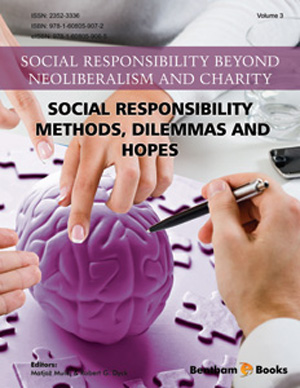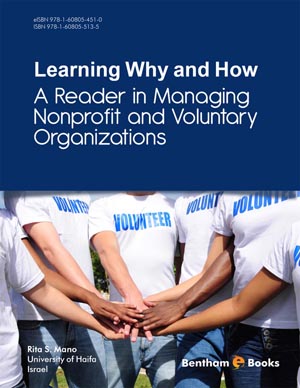Abstract
Social responsibility has a very important role in our everyday life. Stakeholders in and outside multinational corporation are connected with corporate social responsibility (CSR). There are many definitions of CSR. CSR is a philosophy of conduct and a concept of doing business applied by the business community, companies and individual businessmen for sustainable development and preservation of resources for future generations, based on the following principles: providing quality products and services to consumers, creating decent jobs, investing in development of production and human resources, integrity and reciprocity in relationship with all stakeholders, doing business efficiently to create economic value added and improve national competitiveness for the benefit of shareholders and the society, integrating public expectations and generally accepted ethics and business practice, contributing to the evolution of civil society through partnerships and social developmental projects. Novartis and its generic division Sandoz have their own practical model, which will be presented from two major viewpoints. This approach is based also on the model of requisite holism and links its practical model and Mulej's Dialectical Systems Theory. The theoretical model is being developed and built up. Global Reporting Initiative has specially been made for reporting on CSR.
Keywords: Competitiveness, (corporate) social responsibility, dialectical systems theory, European union, global reporting initiative, international labour organization, ISO 26000, lek ljubljana, novartis, oecd guidelines for multinational enterprises, practical csr model, sandoz, shareholder, stakeholder, sustainable development, systemic behaviour, systemic thinking, theoretical model of csr, united nations, world health organization.









.jpg)


